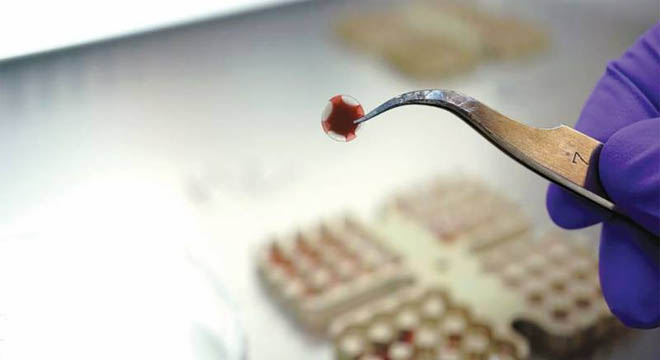islamabad – Study shows sending microbes to Earth’s stratosphere, to test their endurance to Martian conditions, can reveal their potential use and threats to space travel. Some microbes on Earth could temporarily survive on the surface of Mars, finds a new study by NASA and German Aerospace Center scientists.
The researchers tested the endurance of microorganisms to Martian conditions by launching them into the Earth’s stratosphere, as it closely represents key conditions on the Red Planet. Published in Frontiers in Microbiology, this work paves the way for understanding not only the threat of microbes to space missions, but also the opportunities for resource independence from Earth. “We successfully tested a new way of exposing bacteria and fungi to Mars-like conditions by using a scientific balloon to fly our experimental equipment up to Earth’s stratosphere,” reports Marta Filipa Cortesão, joint first author of this study from the German Aerospace Center, Cologne, Germany.
“Some microbes, in particular spores from the black mold fungus, were able to survive the trip, even when exposed to very high UV radiation.” Understanding the endurance of microbes to space travel is vital for the success of future missions. When searching for extra-terrestrial life, we need to be sure that anything we discover has not just traveled with us from Earth.
Follow the PNI Facebook page for the latest news and updates.









